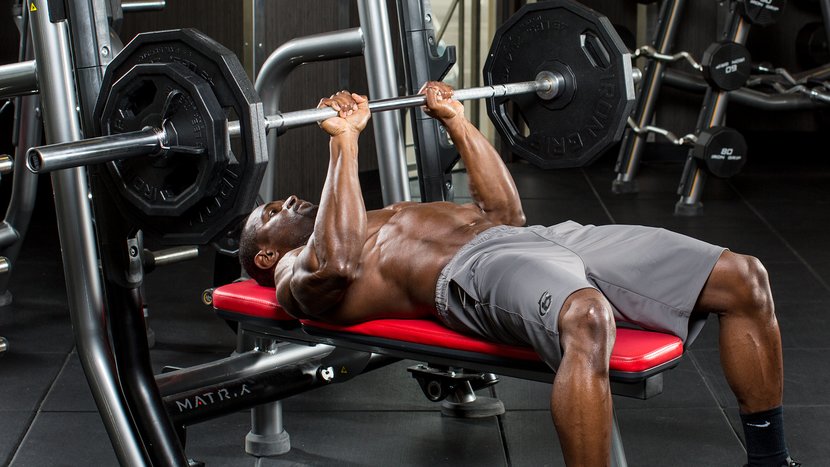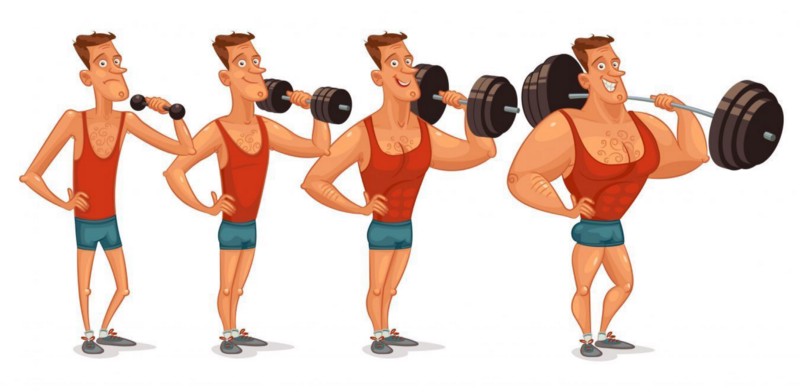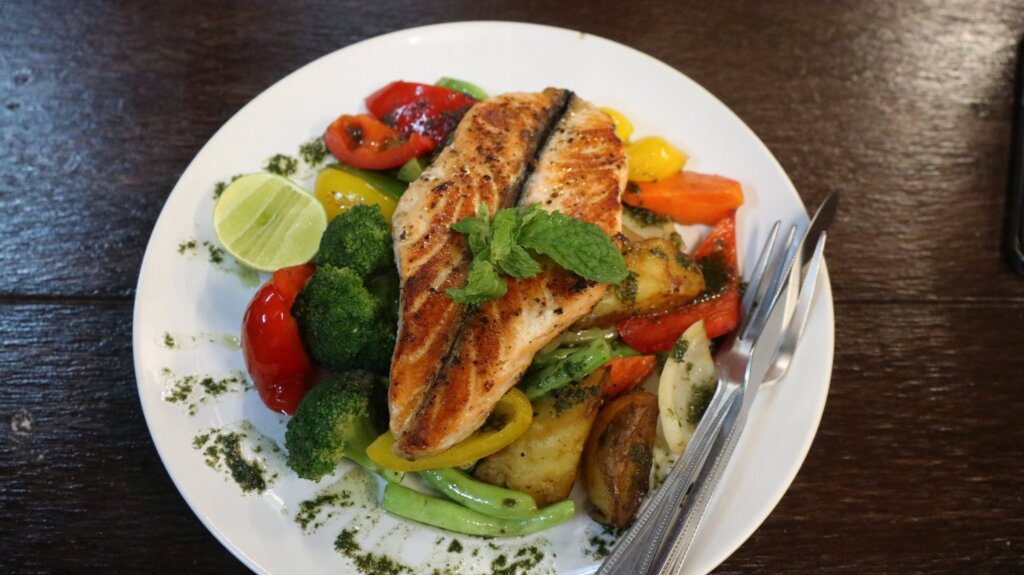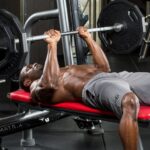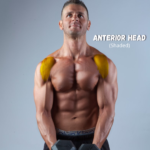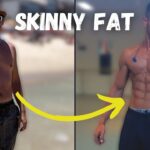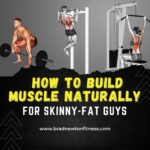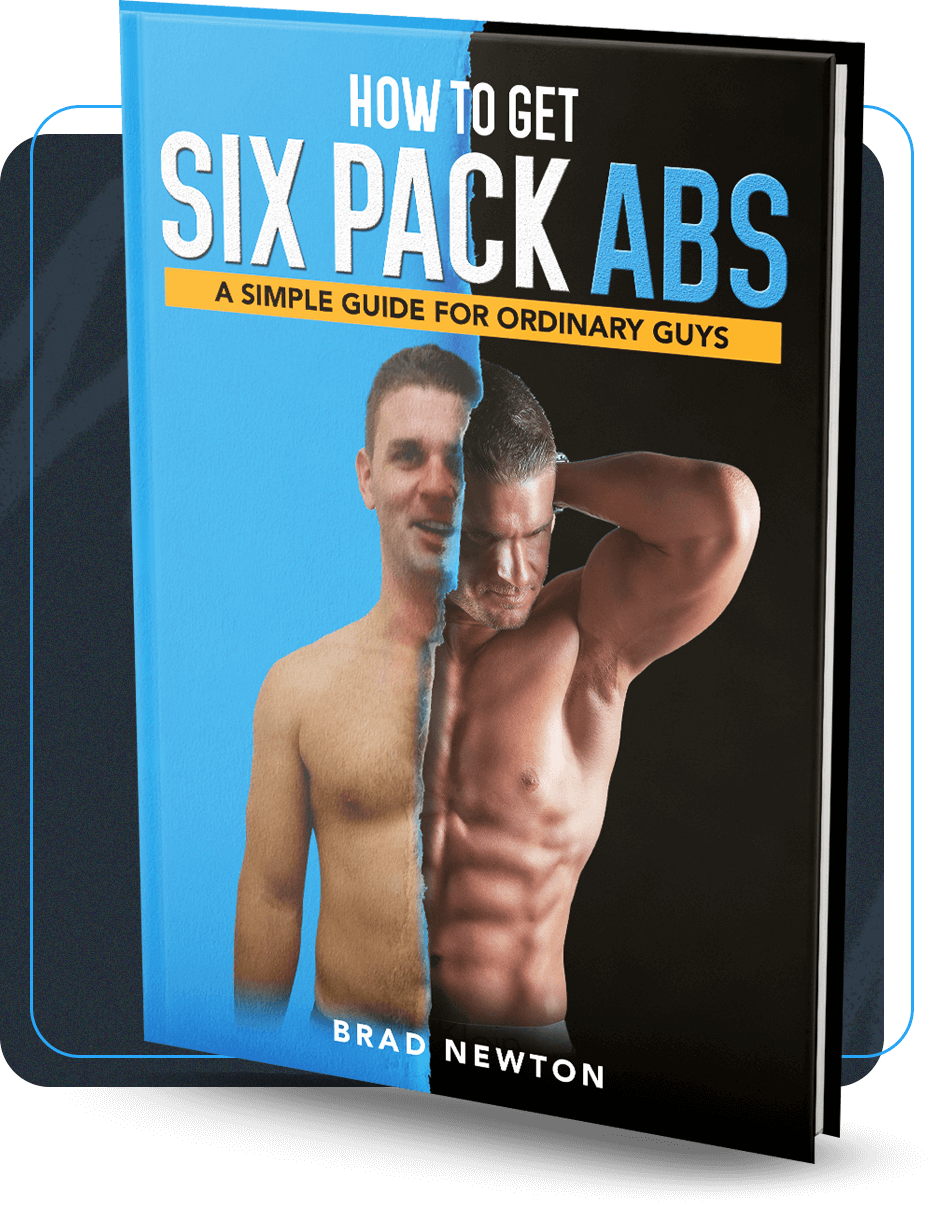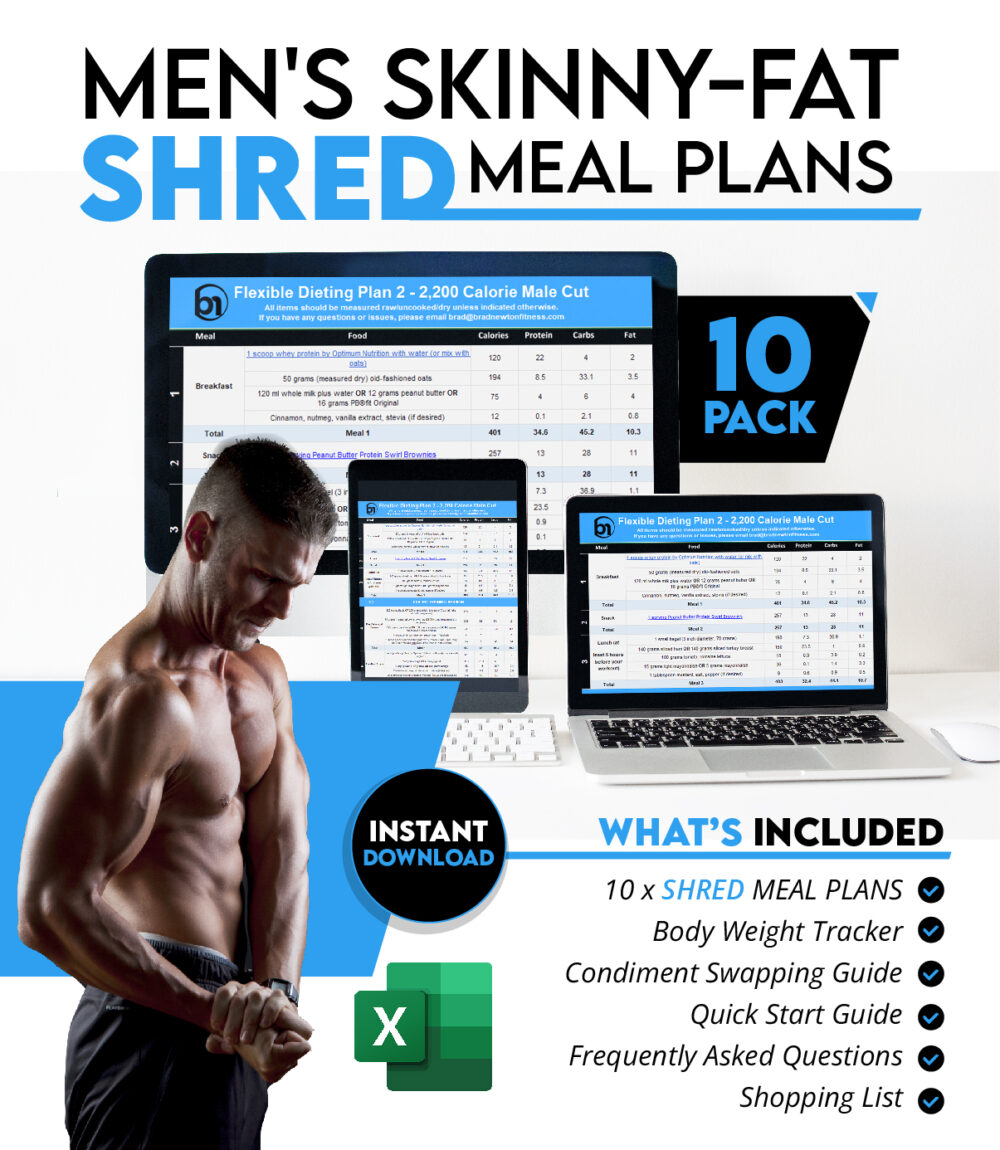In this article, I’ll share the 6 biggest fitness mistakes I was making for over 10 years that stopped me from shedding fat, building muscle, and getting stronger.
When I was around 19 or 20, I signed up to my first ever gym membership.
Over the following 10 years, I wasted thousands of dollars on fad diets, bodybuilding magazines, supplements, health seminars, and dieting books.
I bought into a lot of dumb fitness ideas by “gurus” that kept me frustrated, out of shape, in a rut, out of pocket, and believing that my genetics were ruined.
It was toward the end of 2014 — just before my 30th birthday — that I decided enough was enough and it was time to “figure it out” once and for all.
Fast forward to 34 years of age and I’m in better shape than the younger version of myself. And have gone on to compete and win several amateur, steroid-free bodybuilding competitions.
Firstly, if you’d like to watch my “skinny fat” transformation journey, click on the video below.
Fitness Mistake #1
Neglecting Compound Exercises
Whenever I walked into a gym, I would walk over to the cable machines and focus exclusively on isolation exercises while neglecting compound exercises.
On the other hand, compound exercises target multiple muscle groups simultaneously. The compound exercises that are vital to building a powerfully shredded body are exercises like the deadlift, squat, bench press, and overhead press.
When I purchased Mark Rippetoe’s book Starting Strength for around $13 from Amazon, I started the process of learning the “Big 4” compound movements. It was the best investment of my life.
Over an 8 month period of prioritising compound over isolation exercises and tracking my calories/macros, my physique radically transformed before my eyes.
To this day, I still incorporate isolation exercises in my regular weight lifting routine. But I always start a weight training session with 2–3 compound exercises — such as the deadlift, barbell squat, or military press — and finish with 1–2 isolation exercises.
Fitness Mistakes #2
No Progressive Overload
In practical terms, aiming to achieve a slight increase in the amount of weight you can lift each and every week across all exercises.
One of the biggest limiting beliefs I had was believing that I needed “exercise variety” to get shredded. I even joined group fitness classes at the local gym because the instructor delivered random exercises against the beat of a hip hop track.
It was awesome fun and I felt amazing after the group class but my physique looked exactly the same.
There was no progressive overload.
In the beginning of my fitness journey when my focus was isolation exercises, I only cared about trying to bang out as many reps as possible!
After reading Mark Rippetoe’s book, my new goal was to move up in the amount of weight (not reps) I was able to lift on the “big 4” — the deadlift, barbell squat, bench press, and overhead press.
One of the biggest lessons I learned from strength training and reaching my macro/calorie goals, was I only needed to progressively overload on around a dozen different exercises to get into great shape.
This is how I achieve progressive overload in my workouts.
For example, once I reach 8 reps with 200 pounds on the conventional deadlift in the first set — I would add 5 pound plates to either side of the bar (10 pounds total) for the following set.
In the following set, if I am able to do only 6 reps for 210 pounds then this will be my new weight until I reach 8 reps again. Once I reach the upper end of the rep range, I will add extra weight. Rinse and repeat.
If I add the extra weight but can only lift 4 or 5 reps, then I’ve added too much weight and will only add 2.5 pounds to each side of the bar — as opposed to 5 pounds either side.
Sometimes you might need to stick to a specific weight for several weight lifting sessions in a row and achieve several sets at the top of the rep range, before adding more weight.
That is how you achieve progressive overload and get bigger and stronger over time.
Once again, I was also following a flexible dieting plan that allowed me to eat cheat food every now and again.
Fitness Mistake #3
Didn’t Track Macros and Calories
One of the biggest mistakes I made in the early phases of my training journey was giving no attention to correct calorie and macronutrient intake.
I vividly remember walking out of the gym and stuffing my face with anything I could find in the cupboards at home. I had no idea how many calories I was eating nor did I pay any attention to my protein intake.
The only consideration I had was eliminating junk food and eating clean — believing that “clean eating” was the ticket to getting shredded.
I was dead wrong.
When I learned how to calculate my calorie and macronutrient requirements for getting shredded — coupled with compound weight training — I saw incredible physical changes taking place with my body.
I also learned that a high protein intake, day after day, is not the only ingredient necessary to build muscle — that overall calorie intake is also a major player!
Fitness Mistake #4
Not Tracking Weightlifting Progress
In my early 20s, when I stepped into the gym I would usually jump on the first cable machine that was available and that I was comfortable using.
I did as many reps and as many sets as possible until I fried myself 🙁
I never recorded the number of reps, sets, or weight I was lifting for a certain exercise. I didn’t think it was important.
As you can imagine, without tracking anything, it was impossible to progressively overload on the isolation exercises I was doing because I never knew if I was getting stronger, week after week.
There is no right or wrong way to track your weight lifting progress. You can use a small notebook, notes in your phone, or apps like FitNotes or Jefit.
After I learned the importance of tracking my weight training, I started taking notes on a notepad before eventually installing FitNotes. I’ve been using this app for about four years now and I highly recommend it.
Whenever I finish a set for a given exercise, I immediately record it into FitNotes so I don’t forget.
My goal is that whenever I arrive in the gym, I aim to try and lift slightly heavier or push an extra rep over my previous session.
There are some weeks where I struggle to lift heavier for a given weight, but I keep lifting and ensure I keep meeting my macro and calorie targets.
It is only through accurately tracking your workouts that you can achieve true progressive overload for a given exercise.

Start Your Transformation Today!
Reach your fitness transformation goals of shredding fat, building muscle, and getting stronger, in the shortest time, without crazy dieting or buying useless sports supplements.
Learn MoreFitness Mistake #5
“Eat Clean to Get Lean”
Throughout my 20s, I was sold on many fitness and weight loss myths that left me extremely frustrated and often conflicted.
For years, a speaker at a health seminar convinced the crowd that our “acidic” diets were ruining our fat loss efforts and we had to consume more “alkaline” food.
As a result, I honestly believed that I had to eat green salads, quinoa cakes, wild rice and beetroot salad, and all food you find in the “health food” section of the supermarket, to get shredded.
Goodbye pizza, Tim Tam biscuits, and Party Mix lollies 🙁
Here’s the simple truth — backed in science — that you need to know when it comes to nutrition and weight loss.
Hit your calorie and macro targets, irrespective of the food you eat, and you will get the results you are after. Period.
According to energy balance, what you eat every day is irrelevant to how much you eat, if your ambition is to improve body composition (the proportion of muscle to fat on your body).
When I learned this, it look a little while to sink in until I came across a study by Professor Mark Haub. He managed to lose 27 pounds in 10 weeks by eating nothing but Twinkies, Little Debbie snacks, Oreos, and other sugary sweets!!
What???
All he did was limited his calories from 2,600 calories down to 1,800 calories per day — eating less calories than what his body needed (energy balance)— and the weight dropped off him! Even though there is zero nutrition in the food he was eating.
When it comes to the law of energy balance, meal frequency and timing is completely irrelevant when it comes to losing fat and building muscle.
If my calorie target to lose fat is 2,100 calories then I can opt to eat all of my calories late at night (fast in the morning), or spread them into 5 meals a day. The end result does not change.
Fitness Mistake #6
Working Night Shift
I’ve been working night shift in my corporate job for almost 10 years! One of the beliefs I had was that all calories I consumed during night shift were being stored as fat.
Once again, adhering to the law of energy balance, I ensured that I reached my daily calorie target of around 2,100 calories in a 24 hour window.
I would usually wake up at around 2 pm, try and fit in a little training session at 5–6 pm, then go to my night shift corporate job for a 12 hour shift.
I ensured that I would try and eat all 2,100 calories throughout the night, and it paid dividends.
I had designed my own flexible meal plans around the food I loved, and I share those flexible meal plans on my site for you to download.
So if you are a night shift worker, there is hope for you 🙂
Final Thoughts
Looking back over 10 years of my fitness journey, I certainly wasted a lot of time trying to fight through all the BS by making a lot of fitness mistakes.
When I finally figured it all out, not only did I go on to get first place in my first ever drug-tested and steroid-free amateur bodybuilding show, I launched my website to help others get into shape too.


